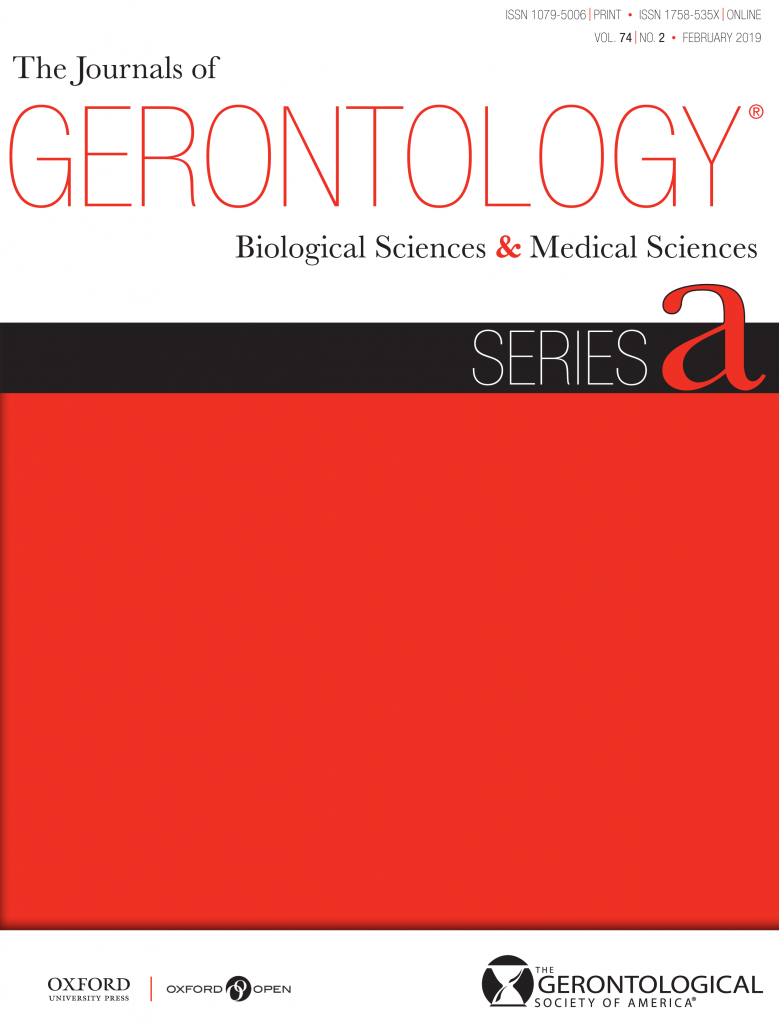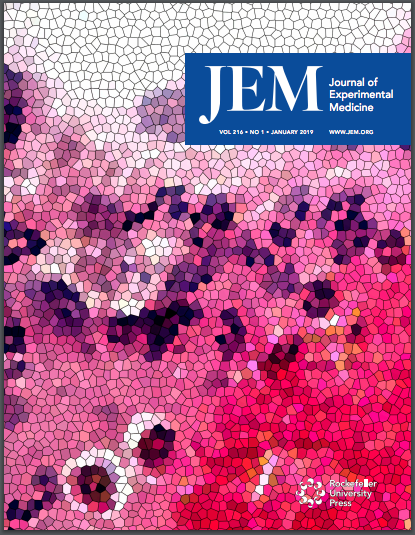
A paper in Contraception that purported to show serious flaws in an earlier study of abortion laws and maternal health has been retracted, after the authors of the original study found what were apparently significant flaws in the study doing the debunking.
That’s the short version of this story. The longer version involves years of back-and-forth, accusations of conflict of interest and poor research practice, and lawyers for at least two parties. Be warned: We have an unusual amount of information to quote from here that’s worth following.
As the editor of Contraception, Carolyn Westhoff, put it:
I got to make everybody angry.








